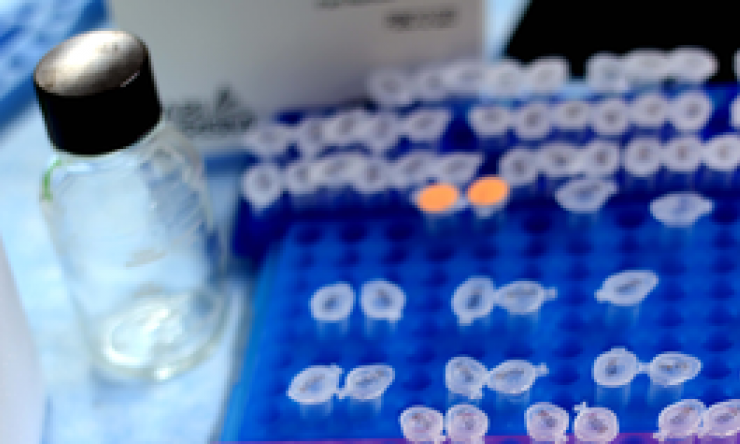Tests and procedures to diagnosis esophageal cancer may include an imaging test (CT or CAT, MRI or PET scans), a barium swallow or an endoscopy exam.
An endoscopic ultrasound examination is a sensitive test to assess the extent of involvement of the deeper esophageal tissue with the tumor and the presence of lymph nodes.
In a barium swallow a thick, chalky liquid (barium) is swallowed to coat the walls of the esophagus. X-rays of the esophagus are then taken, which the barium outlines clearly. This test can show any abnormal areas in the normally smooth surface of the inner lining of the esophagus.
During an endoscopy, your doctor passes a flexible, narrow tube equipped with a small video lens (videoendoscope) down your throat and into your esophagus. Using the endoscope, your doctor examines your esophagus, looking for cancer or areas of irritation. The camera shows your doctor the walls of your esophagus clearly.
If one of these tests determines further testing, your doctor will order a biopsy. During a biopsy, your doctor will examine tissue removed from different areas of the esophagus. The tissue sample is sent to a laboratory to look for cancer cells. Once biopsy results are available, your doctor will discuss options with you and make a personalized treatment plan for you.
Currently, esophageal cancer screening for the general public is not recommended. However, people who a have high risk of esophageal cancer are followed closely.
Clinical Trials
Baylor College of Medicine conducts clinical trials that give participants access to the latest, most comprehensive diagnostic and treatment options available. See clinical trials for esophageal cancer.









